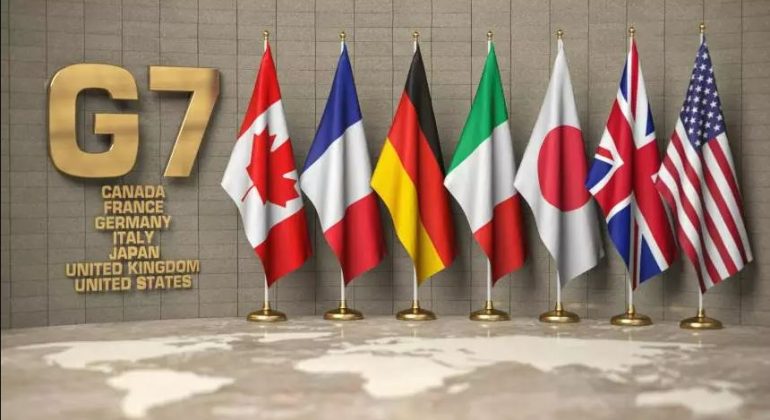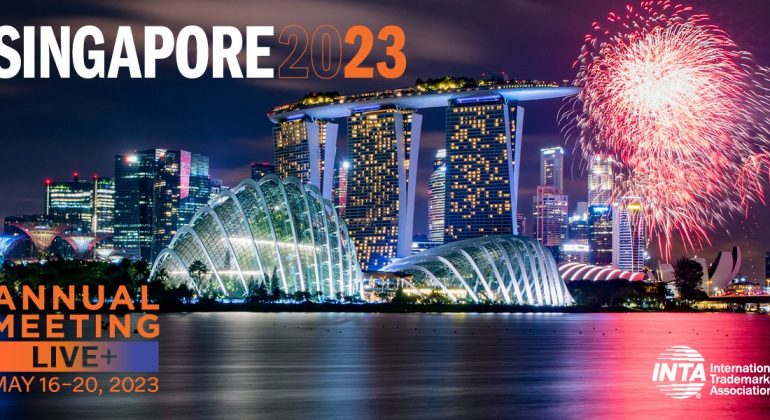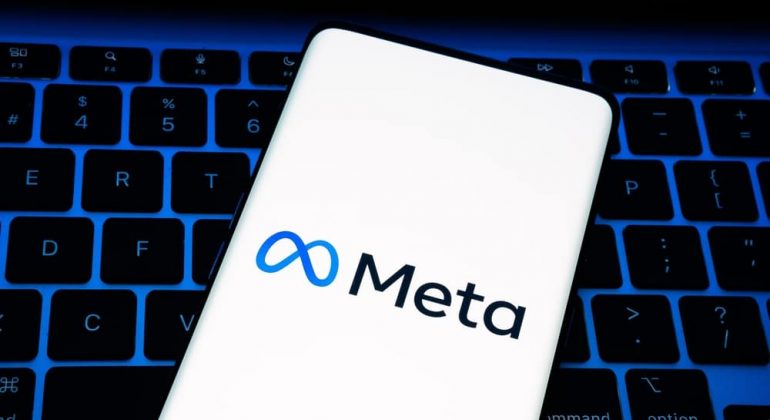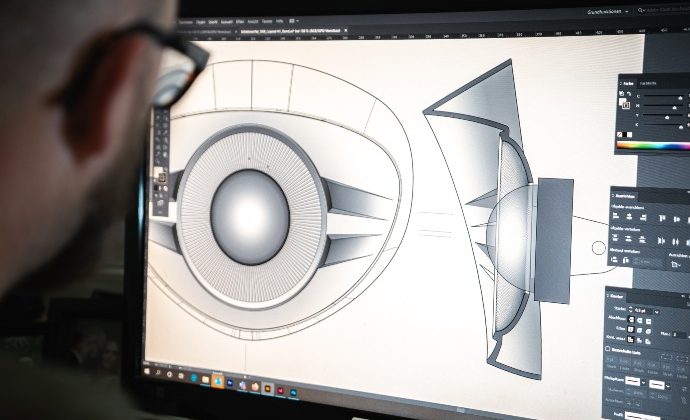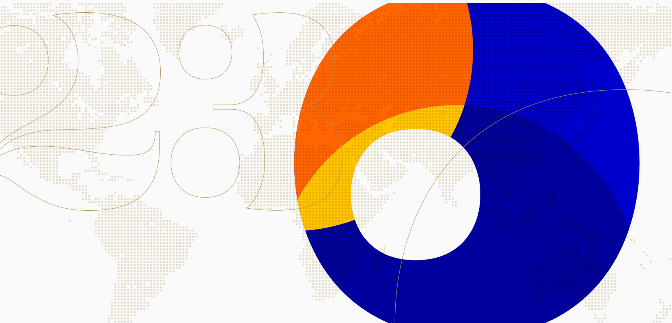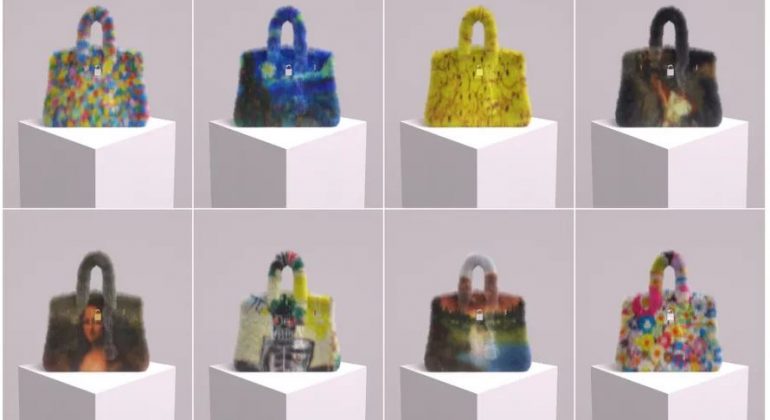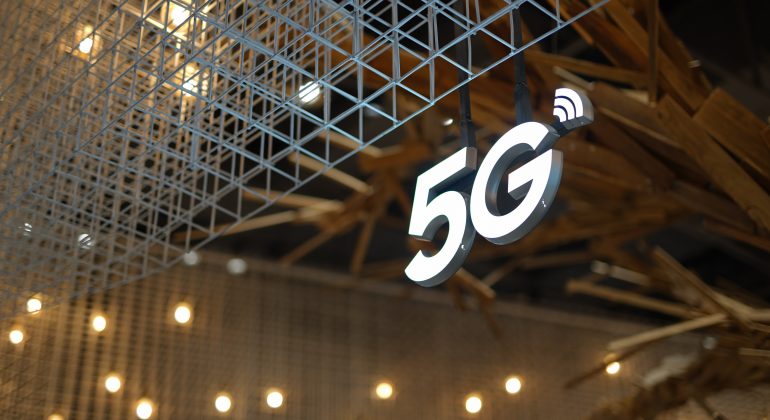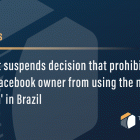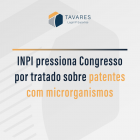G7 plans to create a working group to discuss the responsible use of artificial intelligence
Leia esta notícia em português clicando aqui
The leaders of the G7 nations decided this Saturday in Hiroshima that a “working group” will be created in the future to address the “responsible use” of Artificial Intelligence (AI) and the risks it poses, including misinformation.
“We instruct relevant ministers to establish the Hiroshima Process on AI, through a working group set up in cooperation with international organizations, to discuss generative AI by the end of the year,” according to the G7 communiqué.
G7 working group discussions on the subject may also discuss “governance, protection of intellectual property rights,” and “responsible use” of these new technologies, but also ways to combat “information manipulation” and “disinformation” through these tools.
“We are committed to advancing multiple approaches to AI standards setting while respecting mandatory legal frameworks,” he added.
Global Concern
The announcement of the G7 comes after the European Union, which also participates in the group, almost passed legislation to regulate artificial intelligence. Parliamentarians from the Internal Market and Justice Committees of the European Parliament have already reached an agreement on the project, which provides clarity in the use of technology, payment of copyrights and practically prohibits using facial recognition.
Governors and regulators worldwide have sought to create rules to curb the effects of AI amid the surge in the popularity of generative AI tools. The European Union will vote on a bill in June, becoming a pioneer in the area. The White House has already stated that it supports AI regulation in the United States.
The UK is turning to its regulator, and in China, authorities already require AI systems to adhere to strict rules. And in Brazil, this month, the President of the Senate, Rodrigo Pacheco, presented a bill establishing general guidelines for developing, implementing, and using AI systems in the country.
Source: O Globo

